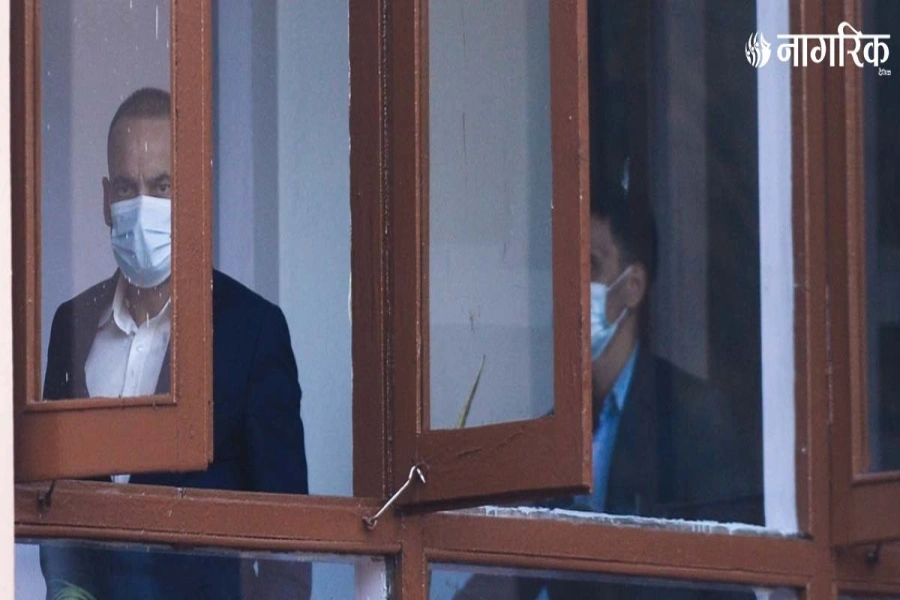KATHMANDU, May 1: There has been a decline in the trend of financial institutions and other entities flagging suspicious transactions and reporting them to the central bank authority.
According to the Financial Information Unit (FIU) under Nepal Rastra Bank (NRB), it received a total of 816 suspicious transactions reports (STRs) from various financial institutions and other reporting entities in the last fiscal year – FY2017/18, down from 1,053 STRs in the preceding fiscal year – FY2016/17. Such STRs were 1,589 in 2015/16 when the number had nearly tripled from 517 in 2014/15.
However, experts caution that the recent drop in the STRs should not be interpreted as a decline in the flow of the dirty money in the country.
Revised interest rate corridor system introduced

Banking and financial institutions along with a number of other reporting institutions like insurance companies, securities companies and remittance companies are required to file a report at the FIU if they detect any possible financial fraud, terrorist financing, money laundering, and other crimes.
The annual report of the FIU for FY2017/18 attributed the decline to the submission of ‘quality’ STRs from the reporting entities.
According to FIU officials, reasonable suspicions may result from circumstances like when the subject is unable to show a legitimate source of the fund involved, which gives ground to believe that the subject has a relation with criminals or terrorist organizations or the transactions are complicated and abnormally unusual.
If any reporting entity detects any suspicious transaction, it has to file a report to the FIU. After receiving such report, the FIU analyzes it and disseminates the analyzed report to the investigating or other relevant enforcement agencies like Department of Money Laundering Investigation (DMLI).
According to the annual report, the FIU has disseminated 344 reports to enforcement agencies and investigating bodies for further action. The number of cases forwarded for further investigation is also lower compared to 391 cases in the previous Fiscal Year FY2016/17.
The FIU has forwarded highest number of cases to the Department of Revenue Investigation (DRI) in the Fiscal Year 2015/16, indicating that most of the suspected money laundering cases were related to tax evasions. The report shows that the FIU disseminated a total of 144 cases to the DRI in the last Fiscal Year 2017/18.
Similarly, the FIU forwarded 78 STRs to Central Bureau of Investigation of Nepal Police in the review period, 44 to the DMLI, and 51 cases to the Inland Revenue Department. Eight STRs were forwarded by the FIU to the Commission for the Investigation of Abuse of Authority (CIAA) and remaining 19 cases to other agencies, according to the FIU.
“The criminality most commonly reported in STRs during 2017/18 was tax evasion. The reporting of STRs relating to terrorist financing is relatively very low in Nepal,” said Ramu Poudel, chief of FIU-Nepal, in a note in the report.


































